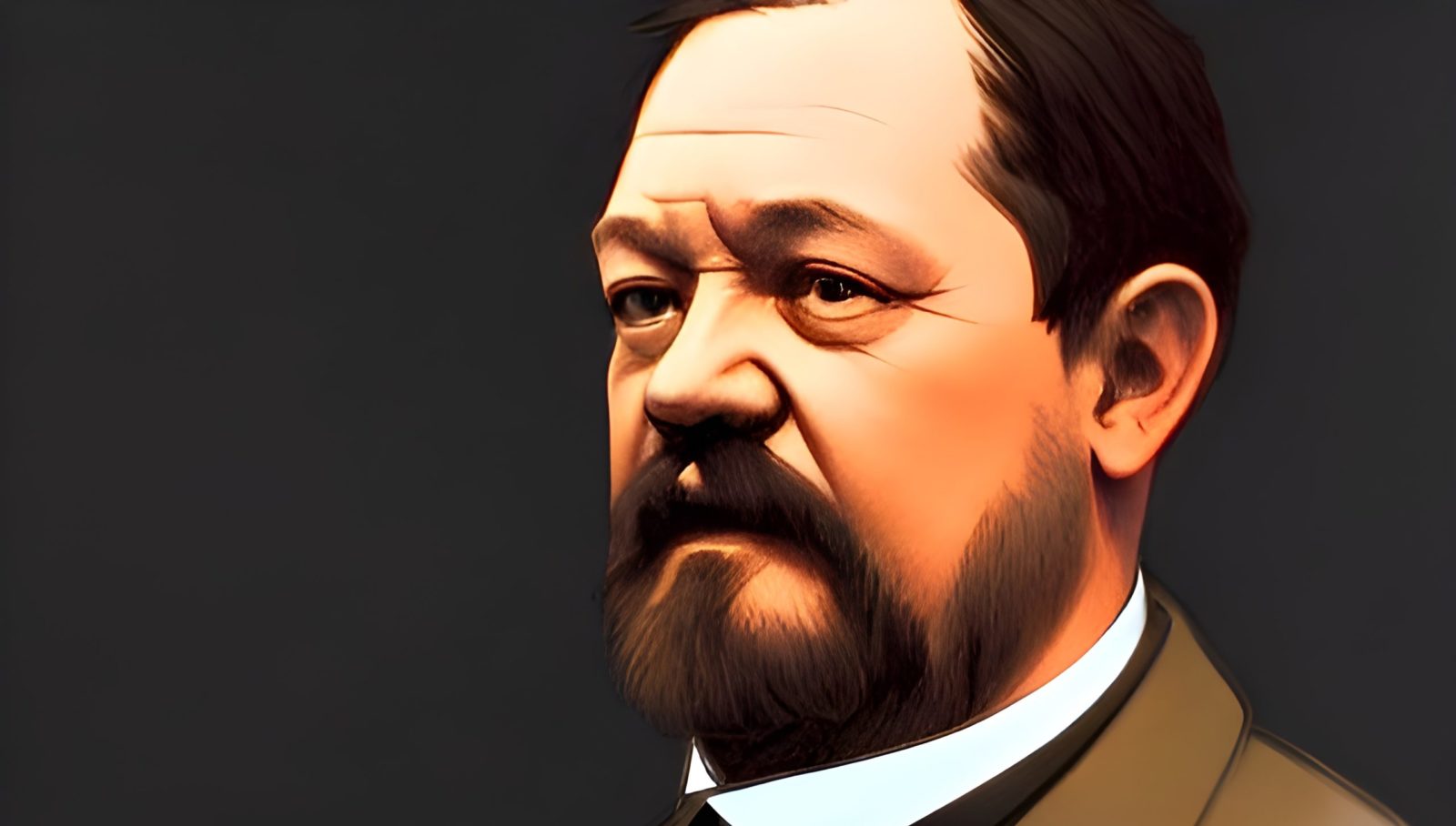


The 200th Birthday of Louis Pasteur: A Man of Science and Faith
December 27, 2022 marks the 200th anniversary of the birth of Louis Pasteur, the French scientist whose scientific breakthroughs have saved millions of lives, and whose work on microbes sounded the death knell of the idea of spontaneous generation. On this episode of ID the Future, biologist Ann Gauger walks listeners through the triumphs, flaws, and tragedies in the life of this extraordinary individual. In the nineteenth century, it was widely believed that the spontaneous generation of life from non-life was common and unremarkable, since it was thought that spontaneous generation of worms, mold, and other life forms occurred all the time in rotting meat and dirty rags. Pasteur constructed an experiment demonstrating that these “spontaneously” arising worms and such in fact sprang from microorganisms contained in the dust of the air. In this way Pasteur lent decisive support to the view summarized in the Latin phrase, “Omne vivum ex vivo”—all life is from life. This is sometimes referred to as the law of biogenesis and holds that organisms do not spontaneously arise in nature from non-life. Thanks in no small part to Pasteur’s work in this area, the origin of the first life on Earth came to be seen as a powerful mystery for scientists committed to the chance origin of the first life, a mystery deepened by discoveries in the twentieth and twenty-first centuries showing that even the simplest single-celled life is vastly more sophisticated than even our most advanced manmade factories. There is so much more to the fascinating life and work of Louis Pasteur, from his pioneering and life-saving work on vaccines and the special relationship he had with his wife to his Christian faith that bore him up through the death of three of his children. Tune in to learn more about this complex man of science and faith.

Neil Thomas Talks Darwin, Aquinas, OOL and … Young Frankenstein
On this ID the Future, Taking Leave of Darwin author Neil Thomas continues a lively conversation with radio host Hank Hanegraaff. In this second in a three-part series, the two touch on the fossil record’s challenge to Darwinism, Gould and Eldredge’s rescue attempt, the question of whether Darwin’s best known contemporary defender is dishonest or merely self-deluded, the wishful thinking surrounding origin-of-life studies, the failed attempts to reduce the mind to mere brain chemistry, and the morally repugnant pro-eugenics ideas rooted in Darwinism and touted in the textbook at the heart of the famous Scopes Monkey Trial. The conversation is posted here by permission of Hank Hanegraaff. Get Neil Thomas’s book here.

Taking Leave of Darwin’s Warm Little Pond
Today’s ID the Future offers a sneak peek at the new book Taking Leave of Darwin: A Longtime Agnostic Discovers the Case for Design by Neil Thomas (Discovery Institute Press). Here Scotsman Andrew McDiarmid reads from a Chapter 2 segment titled “The Elusive First Step.” Much of the book is a critical examination of Darwin’s theory of biological evolution, in its original and updated forms; but here Thomas takes up Darwin’s proposal for the unguided origin of the first living cell. Thomas, like others before, points up the persistent and growing problems with a designer-free origin of life, but here he also explores some of the cultural influences that primed society to view the leap from non-life to life as easily made. Frankenstein’s monster makes an appearance, but tune in to see how the behavior of some actual investigators grew almost stranger than fiction. And to learn how some of the beliefs undergirding the pseudoscience of re-animation persist today in reincarnated form (in the field of abiogenesis), pick up a copy of Thomas’s Taking Leave of Darwin: A Longtime Agnostic Discovers the Case for Design.